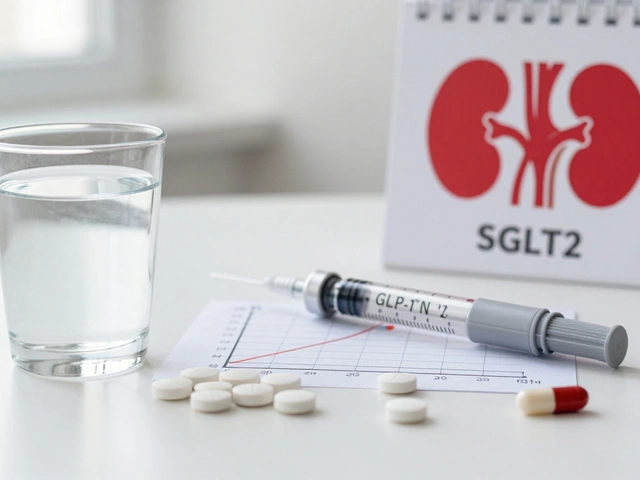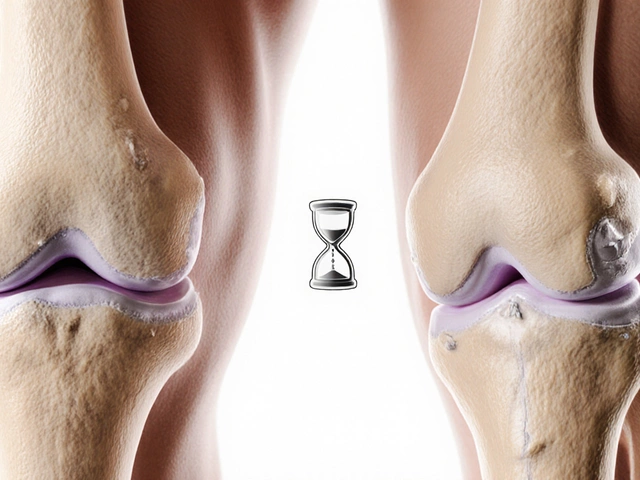Health checkups are essential components of preventive healthcare. They involve a series of medical tests that can help detect potential health issues early on. This article explores what is typically covered in health checkups and the significance they hold in maintaining one's overall well-being. Readers will also learn about interesting facts and tips related to preparing for these checkups and understanding the results.
Read MoreHealth Checkup: What to Expect and How to Make It Work for You
Feeling a little anxious before a health checkup is normal, but you don’t have to waste time figuring things out on the day of the appointment. A quick prep routine and a short list of questions can turn a routine visit into a powerful step toward a pain‑free life.
First, schedule the visit at a center that offers the full range of basic screenings – blood work, blood pressure, BMI, and basic eye and ear checks. In India, many hospitals bundle these into a "wellness package" that costs less than a coffee a day. Knowing what’s included helps you avoid surprise fees and lets you focus on the results.
Common Tests in a Routine Checkup
Here’s the short list most Indian clinics run for a standard health checkup:
- Blood sugar (fasting and post‑prandial): catches early diabetes, a key risk for joint pain and nerve issues.
- Complete blood count (CBC): shows anemia, infection, or hidden inflammation.
- Lipid profile: checks cholesterol levels that can affect heart health and circulation to bones.
- Liver and kidney panels: make sure your body can process medicines safely – crucial if you ever need pain‑relief drugs.
- Blood pressure and ECG: basic heart health checks that can prevent future surgeries.
If you have a specific concern – say, recurring back pain or a family history of heart disease – ask the doctor to add a targeted test. It’s easier to do this before the day of the visit.
How to Get the Most Out of Your Appointment
Arrive a few minutes early with these items ready:
- A list of current medicines, including any herbal or Ayurvedic supplements.
- Recent lab reports or imaging if you’ve had them elsewhere.
- Any symptoms you’ve noticed, even if they seem minor (like occasional joint stiffness).
During the consult, keep the conversation focused. Ask things like:
- "What do my test results tell me about my overall risk for pain‑related conditions?"
- "Are there lifestyle changes I should start now to avoid future surgeries?"
- "If a medication is suggested, how will it interact with my current supplements?"
These questions show you’re proactive and help the doctor give advice that fits your life. After the visit, note down any recommendations and set reminders for follow‑up tests – most doctors suggest an annual repeat for blood work and a bi‑annual ECG if you’re over 40.
Finally, remember that a health checkup is not a one‑off event. Think of it as a checkpoint on your road to a pain‑free lifestyle. Keep the results in a folder (digital or paper) and bring them to any specialist you see later – whether it’s an orthopaedic surgeon, a cardiologist, or an Ayurvedic practitioner.
With a little preparation and the right questions, your health checkup becomes a powerful tool to catch problems early, choose the right treatments, and stay ahead of pain. Schedule yours today and take the first step toward feeling better every day.





